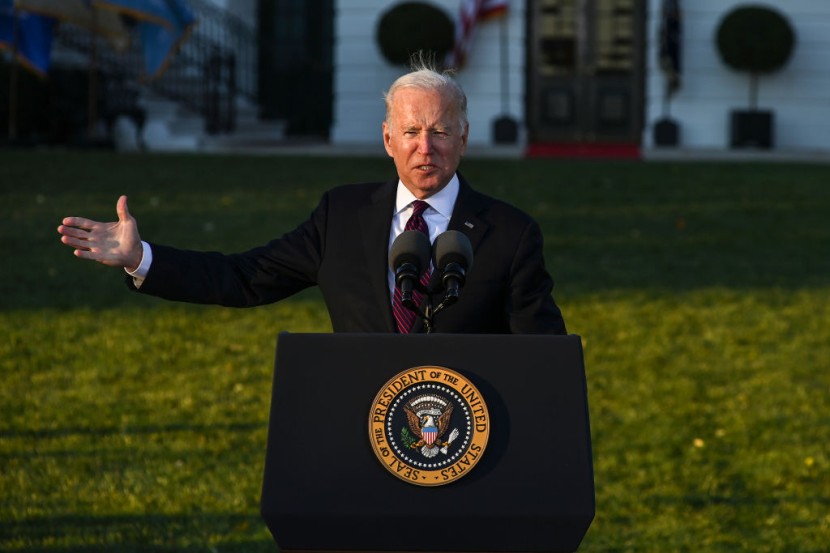
United States President Joe Biden recently passed the $1.2 trillion infrastructure bill into law after gaining support from several officials from the Republican party, aiming to spark hope as it could provide Americans with two million new jobs.
Despite the bill stopping short of its original goal of overhauling the country's transportation and energy systems, the Democratic president believes the passing of the law is a sign that lawmakers from opposing parties could cooperate with one another. Biden added that the event marks a moment that puts the country in a much better position against China and other hostiles.
Infrastructure Bill Passes Into Law
Biden said that the infrastructure bill proved that democratic governments are capable of delivering service to their citizens. The Democrat made the comments hours before a virtual summit with Chinese President Xi Jinping, whose country is benefitting significantly from infrastructure initiatives.
"My message for the American people is this: America's moving again, and your life's going to change for the better," said Biden during remarks at the White House, the New York Times reported.
The massive infrastructure bill includes funding of more than $500 billion that would be used to invest in "core" infrastructure projects, such as roads, broadband internet, and electric utilities. The projects will be stretched over the next eight years. In a statement, the White House called the measure a "once-in-a-generation investment," projecting it to result in more than two million new jobs.
The bill was approved by the House on Nov. 5 in a vote that resulted in 228-206 in favor of support, with keystones being the 13 Republicans that chose to join Democrats. The approval of the bill ended several weeks of back-and-forth negotiations among lawmakers. The talks have been delayed primarily because of what some officials wanted to see in the bill.
Inclusions of the Legislation
The approval of the bill comes after it was already passed in the Senate in August with a vote of 69-30. "It's hard, but we can still come together to get something big done for the American people. It will create millions of new jobs. It will grow the economy. And we'll win the world economic competition that we're engaged in in the second quarter of the 21st century with China and many other countries around the world," said Biden, Fox Business reported.
Despite opposition from other officials, the bill will sell itself, said Secretary of TransportationPete Buttigieg. The primary reason for this is that the majority of American citizens are not knowledgeable about the legislation other than its massive price tag. Biden's administration recognizes that they need to market the bill to the public appropriately.
One way that the Democratic president could appeal to the nation with his bill is by laying out the major provisions of the Infrastructure Investment and Jobs Act. This includes $11 billion that will be used for roads, bridges, and major infrastructure projects. Another $40 billion will be set aside for bridge repair, rehabilitation, and replacement. The price tag marks the largest investment since the 1950s when 20% of highways and major roads in the United States were in poor condition, The Hill reported.
Related Article:
© 2026 HNGN, All rights reserved. Do not reproduce without permission.








